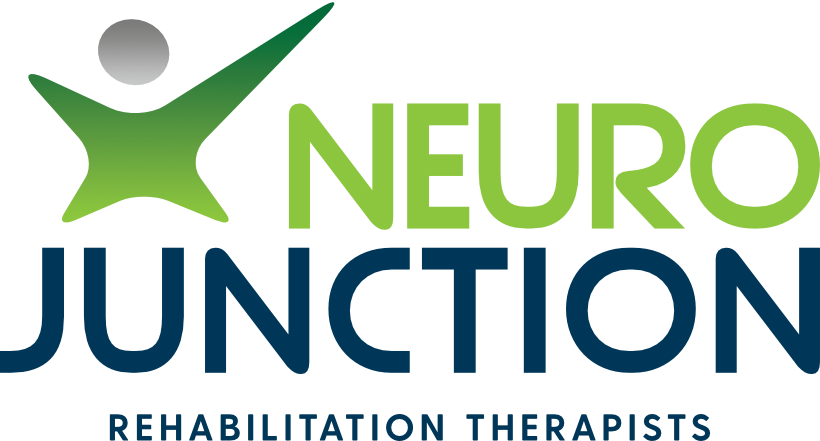Neurogenic Bladder and Bowel Dysfunction
WHAT IS IT?
A neurogenic bladder or bowel dysfunction refers to a lack of control of the bladder or bowel due to disease or injury to the nervous system (brain, spinal cord or peripheral nerve).
The symptoms of bladder and bowel dysfunction vary for each individual and is dependent on the location of the nerve injury.
Bladder symptoms may include:
Inability to store urine (urinary frequency, urgency or incontinence)
Inability to empty the bladder on command (urinary retention)
Pain
Urinary Tract Infection (UTI)
bowel symptoms may include :
Inability to store faeces (bowel incontinence)
Inability to hold flatus or wind (flatal incontinence)
Constipation and straining
Bowel urgency
Inability to completely empty the bowel
Pain
Increased time spent toileting
Neurogenic bladder and bowel dysfunction is common and millions of people have this worldwide. Some neurological conditions that commonly experience this include:
Multiple Sclerosis
Spinal Cord Injury
Parkinson’s Disease
Stroke
Spina Bifida
Diabetes with peripheral neuropathy
Cauda Equina
HOW CAN NEURO JUNCTION PHYSIOTHERAPISTS HELP ME?
Assessing and treating neurogenic bladder and bowel dysfunction is important as these have a major impact on the quality of life of people with a neurological condition. Physiotherapy management can assist in improving independence of bladder and bowel functions and reduce the risk of complications (e.g., urinary tract infections and bowel impaction). Physiotherapy management can include:
• Monitoring bladder and bowel function and referral to physician or nurse if required
• Education and assistance with continence aids e.g. catheters and pads
• Education regarding fluid and food intake, lifestyle and pain management
• Behavioral therapy e.g., bladder and bowel diaries, regular and adequate emptying of the bladder and timed drinking and voiding
• Voiding education including toileting positioning and techniques
• Therapeutic exercise for pelvic floor and abdomen
• Bladder and bowel sensory and biofeedback retraining e.g., mirror use, electrical stimulation and ultrasound
• Manual therapy e.g. abdominal massage to assist with constipation
It is important to note that neurogenic bladder and bowel dysfunction requires a multidisciplinary approach that includes a physician, nurse and allied health professionals, including physiotherapists and occupational therapists. Liaison between professionals is important for management. Medical management can include medications and injections, surveillance of renal function and surgery. Nursing management can include catheter selection, training and supply, skin care and education on bowel regime.
Please refer to the Continence Foundation of Australia for further information.

